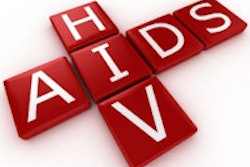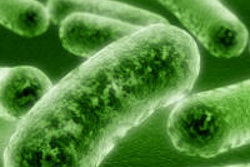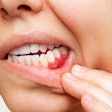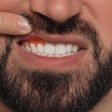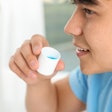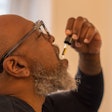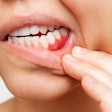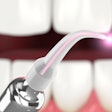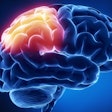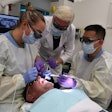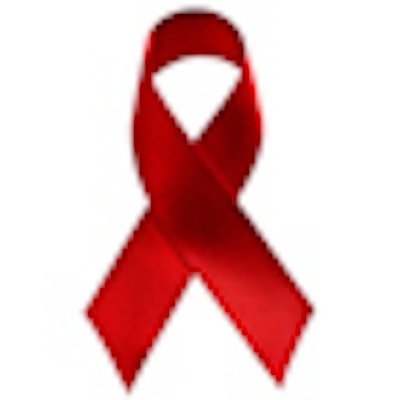
Early dental intervention can help newly diagnosed HIV-positive patients retain teeth and preserve dentition, according to research to be presented next month at the International Association for Dental Research (IADR) conference in San Diego.
The study, conducted at the University of North Carolina (UNC) at Chapel Hill, is part of a U.S. Health Resources and Services Administration project focused on access to oral healthcare in persons living with HIV/AIDS.
A team of researchers from the UNC School of Dentistry compared the value of early comprehensive dental intervention in individuals newly diagnosed with HIV with previously diagnosed HIV-positive patients receiving regular dental care and previously diagnosed HIV-positive patients not receiving regular dental care.
— Jennifer Webster-Cyriaque, DDS, PhD
"It was our hypothesis that accessing oral healthcare early in the course of HIV disease would make a significant difference for the individual patient," study author Jennifer Webster-Cyriaque, DDS, PhD, an associate professor of dental ecology at the UNC dental school, told DrBicuspid.com.
The case-control study involved 196 HIV-positive individuals, 66 newly diagnosed cases (out of oral care and within 12 months of their HIV diagnoses), previously diagnosed controls (out of oral care and diagnosed with HIV between 1985-2007), and historical controls (receiving regular oral care and diagnosed with HIV between 1985-2007).
The researchers examined all patients -- clinically and radiographically -- for caries and bone loss, performed full-mouth periodontal probing, and recorded plaque and gingival indices.
Among their findings:
- Persons who were newly diagnosed had significantly more teeth at baseline compared to the previously diagnosed and historical groups.
- Newly diagnosed individuals had less attachment loss and less bleeding on probing.
- Previously diagnosed individuals had higher plaque scores, higher gingival index scores, and the most broken teeth and root tips.
- The control historical group had the least coronal caries.
- The previously diagnosed group had the most decay.
- With regard to root caries, the previously diagnosed group had the most dental decay.
- The higher levels of dental disease in the previously diagnosed group resulted in higher treatment costs.
"The highest level of dental disrepair was detected in the previously diagnosed group," the authors concluded. "Early dental intervention in the newly diagnosed HIV-positive individuals results in significant functional maintenance, more optimal oral health, and considerable financial savings."
The researchers also found that service usage varied considerably among the study groups, suggesting more acute disease in the newly diagnosed HIV patients and more tooth replacements and extensive restorations in the previously diagnosed group, according to Dr. Webster-Cyriaque. More preventive and maintenance services were employed by the newly diagnosed group, while more costly prosthodontic services were utilized by the previously diagnosed group, she added.
"New HIV diagnosis provides a unique window of opportunity for treatment that may result in improved oral health and function, including retained dentition, less morbidity, and lower fiscal costs and avoidable economic burden," Dr. Webster-Cyriaque said.
Interdisciplinary collaborations of dentists with HIV healthcare providers are critical to overcoming structural barriers and implementing successful oral interventions for persons living with HIV and AIDS, she concluded.




